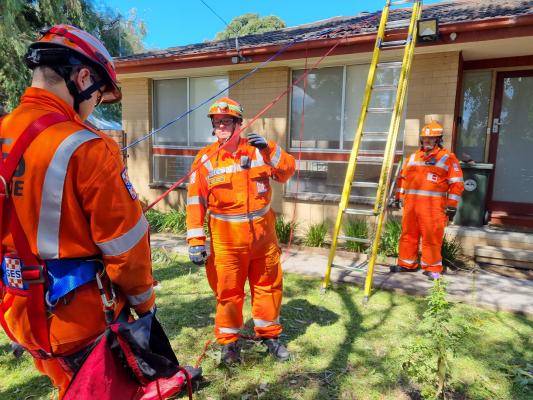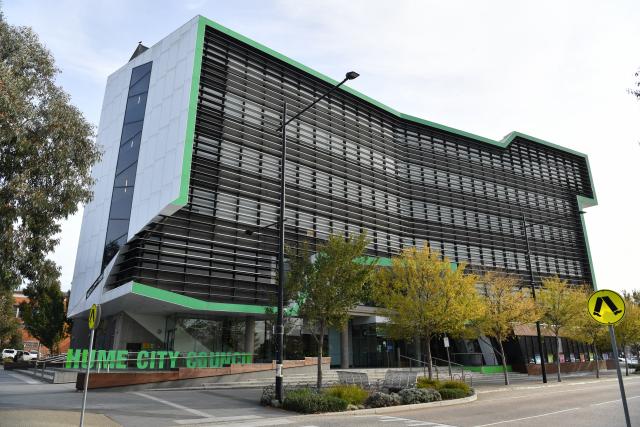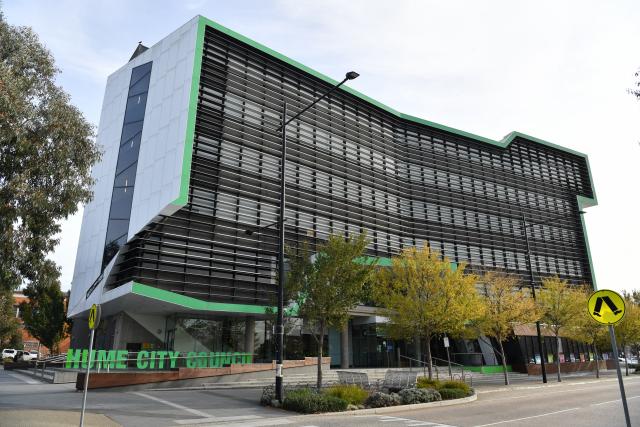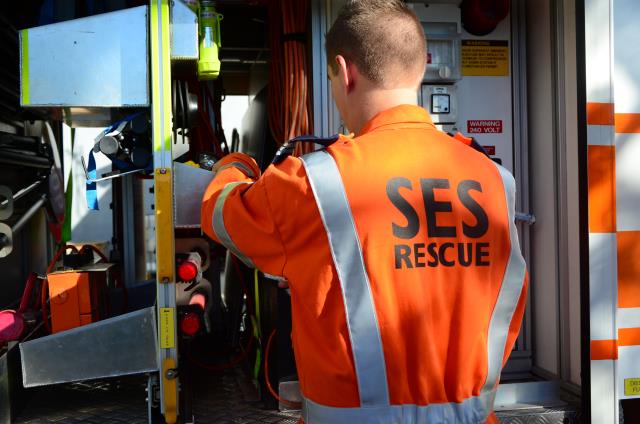The two major storm events to hit the Macedon Ranges this year have been identified as the busiest periods in the history of the Victorian State Emergency Service (SES), according to new data.
In June, extreme wind and rain combined to cause major damage across the state, but most significantly in the Macedon Ranges, Hepburn shire, the Dandenong Ranges and the Latrobe Valley.
The SES data released earlier this month pinpointed this storm – which resulted in more than 10,000 requests for assistance – as the single biggest emergency response demand in the service’s history.
The second busiest period occurred less than a month ago, when SES volunteers responded to a total of 9898 requests between October 29 and November 4.
The majority of those call-outs were for fallen trees (7000), followed by building damage (2000) and flooding (200).
Gisborne SES media officer Ross Evans said this month’s extreme winds caused less damage than the June storms, but there was still significant work to be done.
“There was one [fallen tree] in the carpark at Gisborne Village and another branch in front of Jolly Miller that, thankfully, happened early because they could have caused a bit of damage to vehicles had they been in the car parks at the time,” Mr Evans said.
“We had several trees on Bacchus Marsh Road which caused a few traffic delays as we needed to close the road while we cleared the trees. A big thanks to the Gisborne Police for their help managing traffic.”
Mr Evans said the lesser impact in the shire allowed his unit to lend a hand in neighbouring Sunbury, where more than 100 calls for assistance were received in less than 24 hours.
Victoria SES chief officer Tim Wiebusch said he was proud of the work of the service’s volunteers in these extreme circumstances.
“It’s been an incredibly busy few days for our VICSES volunteers responding to this significant storm event, especially with the large number of calls for help coming through daily,” Mr Wiebusch said.

















